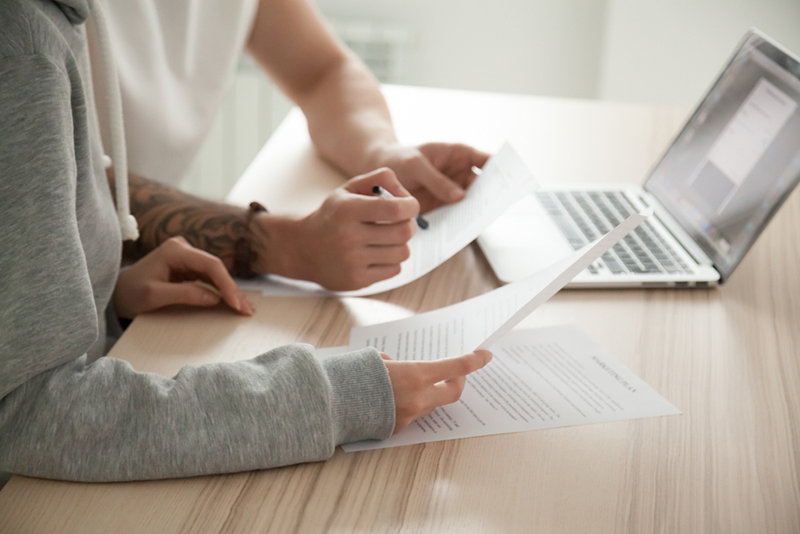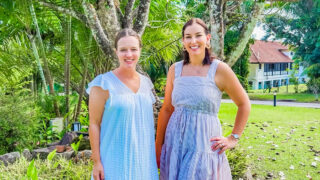If you’re keen to put down some major roots here – or just sick of forking out rent for someone else’s place! – buying property in Singapore is an option. It’s also a major commitment and definitely one that needs professional advice at every turn. (If renting is more your thing, check out our leasing guide instead.)
Here, DEBORAH LAW from Expat Realtor gives us her professional tips, based on over 15 years of experience in the Singapore market, to help keen buyers negotiate their way through purchasing property.

Step 1: Consider the market
* Regular governmental “cooling measures” saw a strong sales market turn into more of a buyers’ market, with buyers able to take a wait-and-see approach.
* The current market is best described as an owner-occupier’s market. Buying is a good option if you can afford it – investing a monthly rental amount into your own property rather than someone else makes good sense, especially in the long-term.
* As an expat, how long you stay in Singapore usually depends on your employment contract. If you do buy and are then forced to sell at short notice, you risk having to offload the property at an unfavourable price. If you have the financial holding power to keep it and sell later when prices are high, Singapore offers great returns on your investment.
Step 2: Understand the restrictions
* There are no restrictions against expats purchasing condominiums.
* To buy a landed property (a house with a garden or yard), you must be a Singapore Citizen or hold Permanent Residence (PR) status and receive special approval from the Land Development Authority, with strict conditions attached. Landed properties include bungalows, semi-detached houses, terrace houses and cluster housing. See sla.gov.sg for more.
Step 3: Calculate your expenses
* It’s recommended you put down at least 30 percent of the purchase price to safeguard yourself against market downturns and possible increases in interest rates.
* The banks will look at your Total Debt Servicing Ratio (TDSR) to determine how much you may borrow; a foreigner can usually borrow up to 80 percent of a local bank’s valuation of a property depending on their TDSR.
* Allow for additional expenses including maintenance of the property, insurance and taxes. If you live in your property, the progressive tax rate starts from four percent of the annual value of the rental. If you rent it out, the progressive rate starts at 10 percent.
* Recent government regulations have led to foreigners being charged an Additional Buyers’ Stamp Duty of 15 percent on their first purchase, but for some nationals and PRs this can be waived – speak to an expert before you commit.
Step 4: Make an offer
* Once you’ve found a property that interests you, confirm its value through a bank and check the Inland Revenue Authority’s website (iras.gov.sg) for the last transaction price of a similar property.
* Agree on a price with the seller. You’ll need to pay a one-percent non-refundable deposit to secure it, and you’re usually allowed a two-week option period to pay a further four percent, then a further eight to 12 weeks to pay the balance. Have a lawyer on hand to advise you during this time.
Need help with buying or renting? Call Expat Realtor at 9171 3392 or email deborah@expatrealtor.net.
See more in our property section



